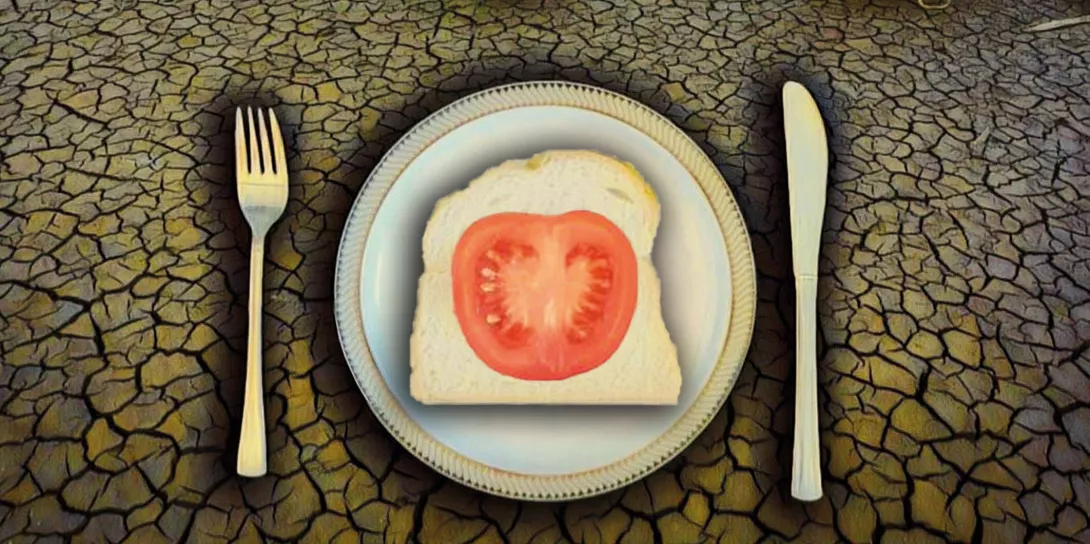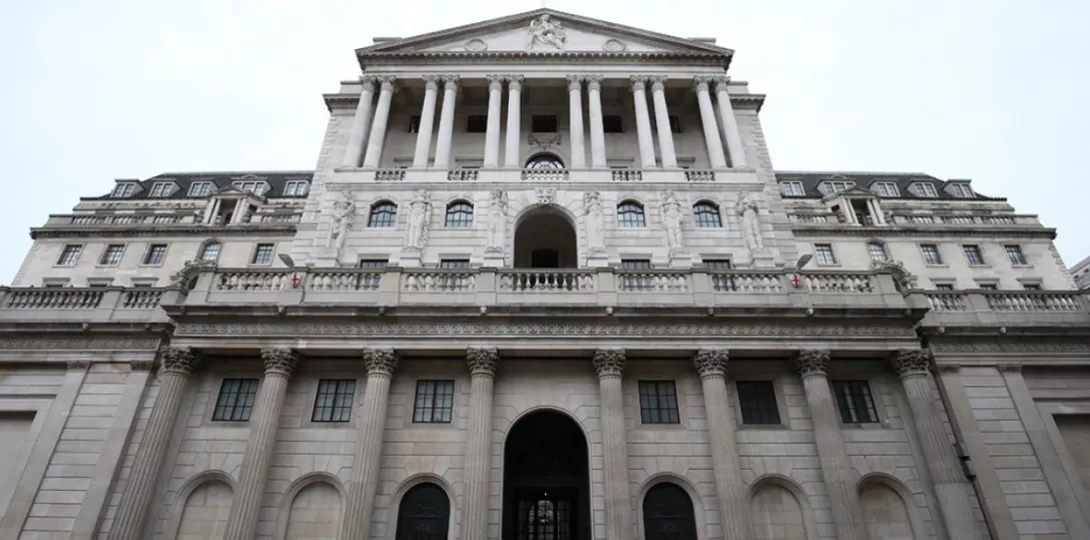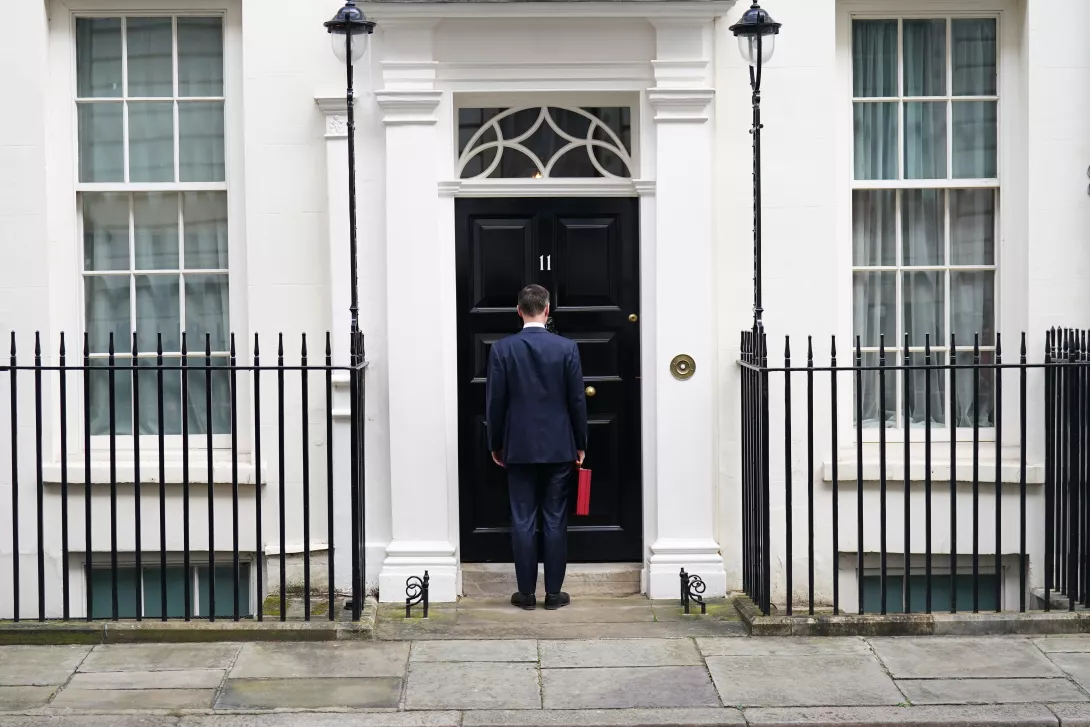
NEWS on Wednesday that Britain’s overall rate of inflation eased down a fraction to 10.1 per cent disguised the shocking continued increase in the price of food.
Average food prices for British consumers are now rising at 19.6 per cent — the highest in the official figures for 45 years. And this is only an average price — the price of some essentials, like sunflower and other cooking oils, is rising far higher, at over 25 per cent.
Coffee and tea prices are rising at the fastest rate on record. Much of this is driven by the soaring price of food across the globe, as shortages bite. With Britain importing almost half the food we eat, rising global prices have a rapid effect on prices here.
It should be obvious how inadequate the mainstream explanations and proposed solutions are. Chancellor Jeremy Hunt claimed, just before these figures came out, that refusing to meet the pay demands of public-sector workers like the junior doctors was an essential part of fighting inflation.

















